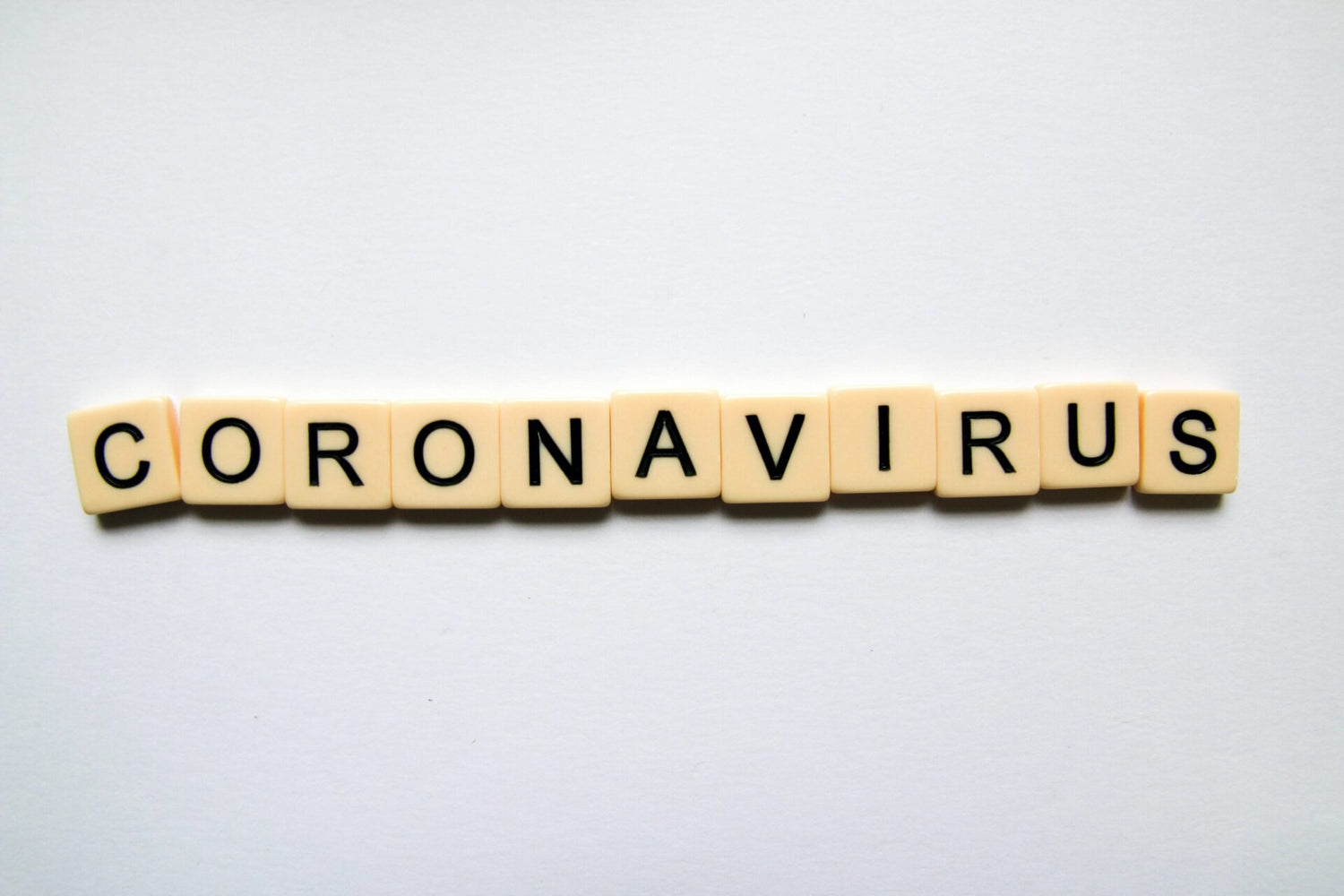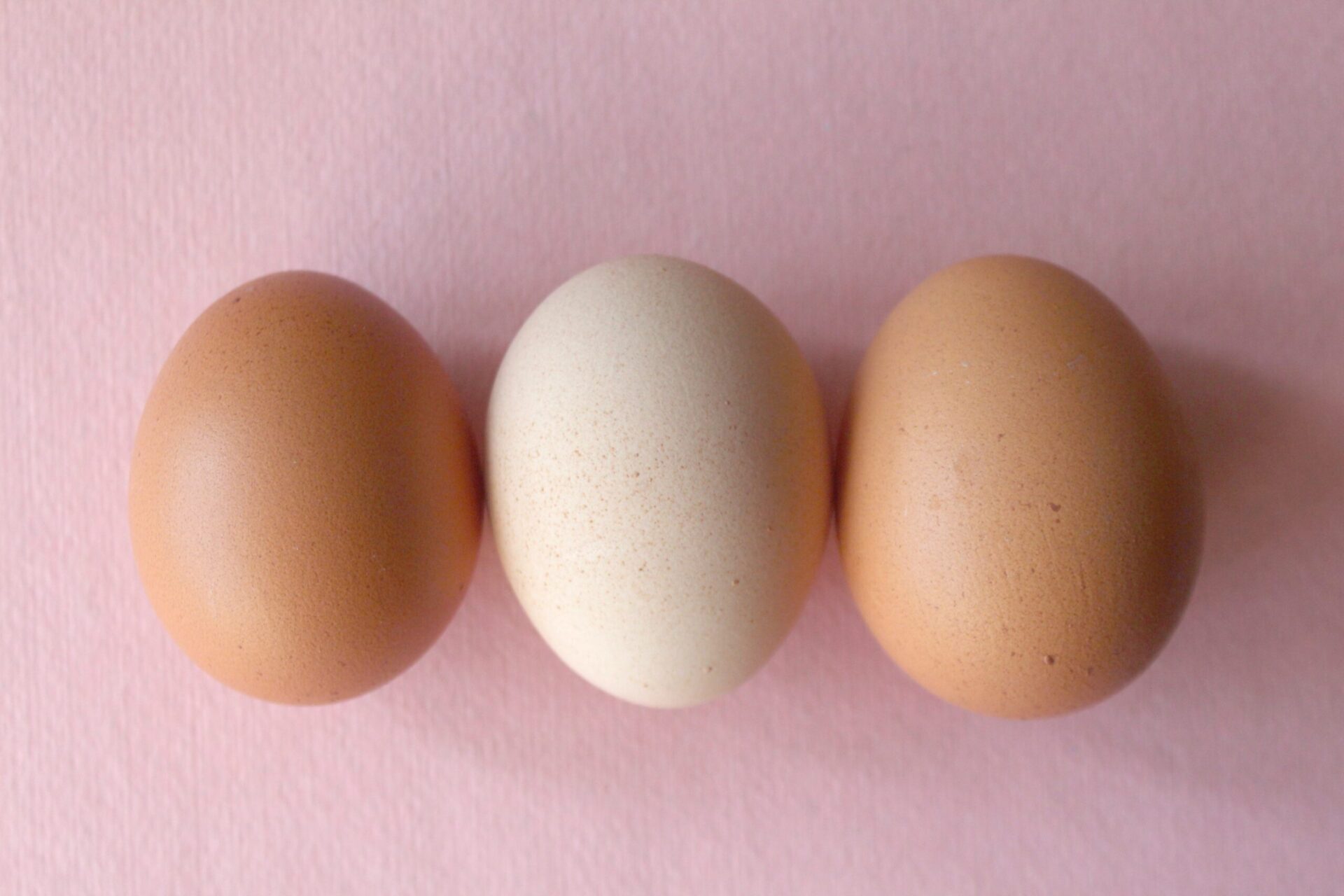This week The Global Council on Brain Health published (2021). “COVID-19 and Brain Health: The Global Council on Brain Health’s Recommendations on What to Do Now.”
Here we look at some of the key findings in the report.
What we know:
The impact of Covid 19 has been devastating and wide reaching and is set to continue. Older adults and members of vulnerable groups have been disproportionately affected. The evidence is mounting that in addition to the impact on severe illness and death, Covid 19 is also negatively affecting our brain health.
The report from the Global Council on Brain Health(GCBH) looks to advise adults over 50 on what they can do to look after their brain health.
Brain Health can be affected by Covid 19 directly, as a result of suffering with Covid 19 and also indirectly, including from the impact of social isolation.
Our Brains and Covid 19
Acute Covid 19 has been linked to brain inflammation, acute confusion, stroke and nerve damage. A lot of this remains unknown and currently research is being gathered worldwide to understand more about how Covid 19 affects the neurological system.
Other brain effects of covid 19 can be prolonged loss of smell and taste as well as headaches, extreme fatigue and difficulty concentrating or thinking, often described as ‘brain fog’.
The WHO are also looking at the medium to long term impact of covid 19 on brain health and whether this may have an impact of cognitive decline in the future. Of course we are too early to tell this but long term large scale studies are being organised which highlights the level of concern there is for researchers in this area.
What can we do?
The Global Council for brain health highlights the importance of avoiding exposing ourselves to the virus where we can and following local rules and guidelines in order to do this. Vaccination is a key focus of this health prevention effort and taking up the offer of vaccination when it is offered is a vital step in this process. As well as vaccines, engaging in healthy habits to support our immune system and avoid health risks are recommended as these priorities can support brain health.
Key areas of concerns include :
Ensuring we look after our general health and attend follow ups for routine checks or ongoing health conditions is important too.
Mental well being
There has been no aspect of the covid 19 that has not threatened mental health - increased anxiety, financial insecurities, isolation, loneliness and grief. Ways to support those most at risk and suffering will be an ongoing focus as we move through the next stage of pandemic.
Dementia
Research is limited but it looks like those with alzhemiers have an increased risk for covid 19 severity although they are not too sure why. Dementia caregivers are may also be at increased risk due to the increased stress of caring in such challenging circumstances
GCBH 10 recommendations to protect brain health during covid 19
- Vaccinate when you are offered the chance. The evidence is growing that the current vaccines reduce spread and severity of covid 19 should you catch it. Continuing to follow social distancing rules as well as wearing masks is also important even once you have been vaccinated
- Stay active - being stuck at home many of us have become more sedentary. Physical activity positively impacts cognition in adults and also supports mental well being and mood. The report advises moving throughout the day is important as well as regular strength training and at least 150 minutes of moderate activity per week
- A balanced diet- healthy nutritious food with sufficient water intake supports brain health and immune function. A diet rich in vegetables, fruit healthy protein and grains is recommended. Keeping sugar laden snacks to a minimum is also advised. ‘A balanced healthy diet is a pillar of better brain health’
- Stay Socially connected - the CDC states social isolation increases risk of premature death from all causes at a level that may rival smoking obesity and physical inactivity. Connect regularly with friends or family using technology or time outside when it is safe to do so
- Stimulate your brain - Listening to music, reading or doing puzzles are indoor ways to keep your brain active and stimulated, By regularly engaging these we can help reduce the risk of cognitive decline with age
- Keep a regular Sleep schedule - 7-8 hours of sleep per night can help support mental and immune health. To help with this ensure you get daylight exposure during the day and minimize screen time before bed
- Don't skip appointments - if you need medical attention for ongoing conditions or something new, seek it out.
- Take care of your mental health - GCBH defines mental well being as ‘ experience of feeling good, functioning well and coping adequately with life circumstances and challenges’ This might feel difficult at the moment but taking time to unwind and switching off social media and the news can help. Admitting and recognising that you are struggling can be hard but help is available so contact your doctor and talk to someone you trust. There is ongoing uncertainty with this pandemic and admitting you are finding this difficult is healthy and totally normal.
- Monitor changes in brain health - any new symptoms including brain fog, confusion, headaches, strokes or dizziness need attention especially if there is a concern that OCvid 19 may be involved
- Acute confusion - known as delirium, this sudden change in confusion, disorientation or altered consciousness may be the initial presentation of covid 19 in the elderly. These may be harder to spot via a screen or if the person is isolated to be aware and alert to any changes
The report concludes there is still a lot unknown but that questions will continue to be asked about covid 19 and its impact on brain health.
Dr Clara









